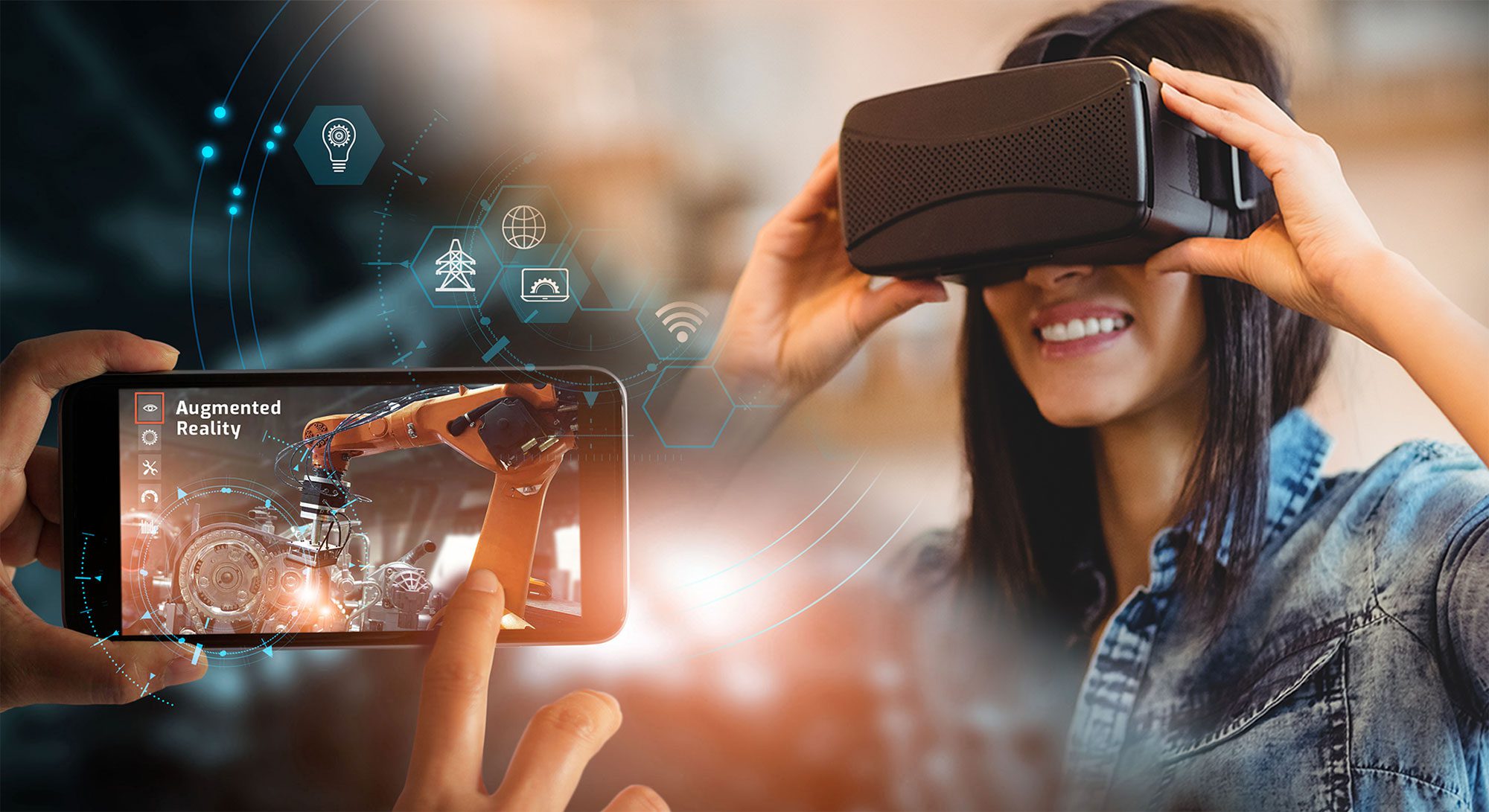Virtual and Augmented Reality (VR and AR) have rapidly evolved from niche technologies to mainstream tools with the potential to revolutionize various aspects of our lives. These immersive technologies are blurring the lines between the physical and digital worlds, offering unprecedented opportunities for entertainment, education, healthcare, and beyond.
Entertainment and Gaming
Immersive Gaming Experiences: VR and AR are transforming gaming, offering players highly immersive and interactive experiences.
Virtual Concerts and Events: These technologies enable fans to attend virtual concerts and events from anywhere in the world.
Education and Training
Simulated Learning Environments: VR and AR can create realistic simulations for training in fields like medicine, engineering, and aviation.
Engaging Educational Experiences: These technologies can make learning more interactive and enjoyable, especially for complex subjects like science and history.
Healthcare
Surgical Simulations: VR can be used to train surgeons and practice complex procedures in a virtual environment.
Pain Management: VR can be used to distract patients from pain during medical procedures.
Mental Health Treatment: VR-based therapies can be effective in treating conditions like anxiety and phobias.
Architecture and Design
Virtual Tours: VR can be used to create virtual tours of buildings and spaces, allowing clients to experience designs before they are built.
Design Visualization: AR can be used to overlay digital models onto real-world environments, enabling designers to visualize their creations in context.
Retail and Marketing
Virtual Showrooms: VR and AR can be used to create virtual showrooms where customers can try on clothes or test products in a virtual environment.
Immersive Marketing Experiences: Brands can create immersive marketing campaigns that engage customers in new and exciting ways.
While the potential of VR and AR is vast, there are challenges to overcome, such as technical limitations, high costs, and potential negative impacts on mental health and social interactions. However, as technology continues to advance and become more accessible, we can expect to see even more innovative and impactful applications of VR and AR in the years to come.
The Ethical Implications of Artificial Intelligence
As AI continues to advance at an unprecedented pace, it raises profound ethical questions that society must grapple with. From algorithmic bias to job displacement, the ethical implications of AI are far-reaching and complex.
Algorithmic Bias
Unfair Discrimination: AI algorithms can perpetuate and amplify existing biases, leading to discriminatory outcomes in areas like hiring, lending, and criminal justice.
Lack of Transparency: The black-box nature of many AI systems makes it difficult to understand how decisions are made, hindering accountability.
Job Displacement
Automation of Tasks: AI-powered automation can lead to job losses across various industries, especially those that rely on routine and repetitive tasks.
Skill Gap: The rapid pace of technological change may outpace the ability of workers to acquire new skills.
Privacy Concerns
Data Privacy: AI systems often rely on vast amounts of personal data, raising concerns about privacy and security.
Surveillance: AI-powered surveillance technologies can be used to monitor individuals’ behavior, raising ethical questions about privacy and civil liberties.
Autonomous Weapons
Lethal Autonomy: The development of autonomous weapons systems raises concerns about the potential for unintended consequences and the erosion of human control over the use of force.
Ethical Guidelines and Regulation
To address these challenges, it is crucial to develop ethical guidelines and regulations for AI development and deployment. Some key considerations include:
Fairness and Non-Discrimination: AI systems should be designed to be fair and unbiased.
Transparency and Explainability: AI systems should be transparent and explainable, allowing humans to understand their decision-making processes.
Accountability: Developers and organizations should be held accountable for the ethical implications of their AI systems.
Human Control: Humans should retain control over AI systems, especially in critical applications like autonomous weapons.
By proactively addressing these ethical challenges, we can harness the power of AI to benefit society while mitigating potential risks.
